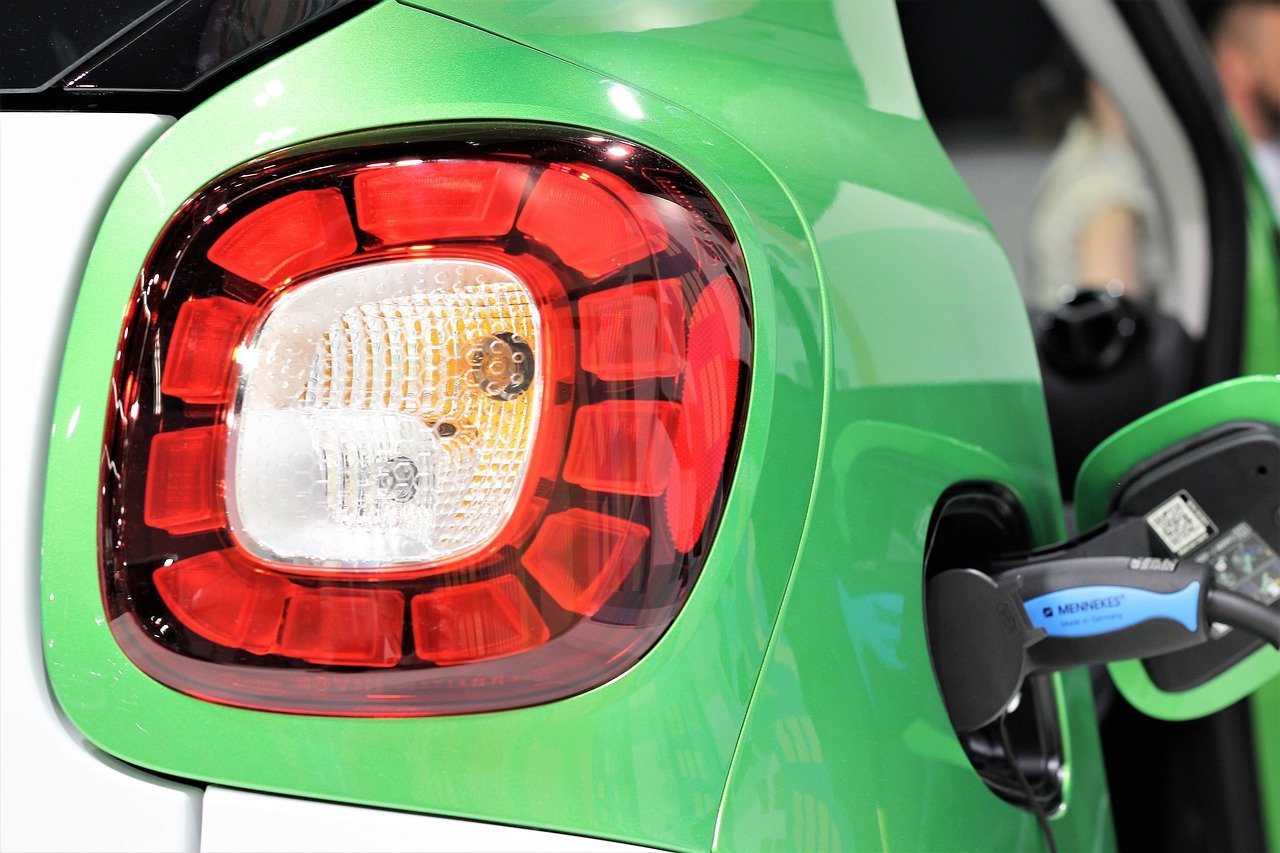How Much Does It Cost To Charge An EV?
With fuel prices on the rise, many people are turning to EVs as a more efficient option. These cars are eco-friendly and can be cheaper to charge than filling up on gas.

Electric vehicles may have dramatically reduced fuel costs, but just like regular cars, you should know some basics about EV charging costs to optimize your savings.
Today we will discuss charging EVs and why EVs are more efficient than regular vehicles. We will also discuss different ways to charge your electric vehicle and examine some EV prices.
Mục Lục
Why Are EVs So Efficient?
In comparison to regular cars, EVs have good performance, low running costs, and produce next to zero emissions. But why are they so efficient?
EVs directly convert electricity into movement, whereas a regular car has to burn fuel (create heat) to create propulsion. This allows EVs to be 70% more efficient than their counterparts. Secondly, the energy is recovered and returned to the battery when an EV brakes, which helps to enable quick acceleration and operate more efficiently as a whole.
Charging Your EV
Generally, there is a two-method division between EV owners. Some prefer to charge their vehicles at designated stations, while others do it from their homes. The first offers convenience and speed, while the other has long-term cost benefits but requires preparation.
Home Charging
Your mileage is directly dependent on your battery capacity. Most EVs can generally travel 3 to 4 miles per kilowatt-hour (kWh) of energy. A full recharge, if your vehicle’s range is 300 miles, would require 75-100 kWh and cost $10-$14.
However, cost-efficiency comes at the price of convenience. All EVs are supplied with a home-charging cable that plugs into a wall outlet and charges about 3 to 6 miles into your car per hour (Level 1 charger). To achieve faster charging, many owners install Level 2 chargers, which are wall-mounted panels with a 240-volt circuit. They deliver about 20-40 miles of range per hour but cost $550 for the unit, not taking into account the cost of labor.
When using this method, costs will depend on the price of electricity in your area. They differ from state to state, so your monthly mileage will vary.
Charging Stations
Public charging stations are equipped with Level 3 chargers or DC fast chargers, capable of adding a significant range to your EV in a short amount of time. They are pretty convenient but tend to cost much more.
It’s tough to point out the exact price for this method, as different stations have their own “counting practices.” They could bill you for 1 kWh of energy or just for 1 minute of charging time.
But just to give you an idea, if you decided to use a Tesla Supercharger in Illinois, they could bill you for each minute of charging time with 30-37 cents per kWh. So, if you wanted to increase your battery charge from 26% to 95%, you would have to spend around $19.72 to do it in just 49 minutes.
Summary
While EVs generally take longer to “refuel” than conventional cars, you can potentially save quite a bit of money in the long run. Compared to DC fast chargers, wall-mounted panels or cables that come with your car will help save even more, albeit you sacrifice some convenience.
Consider acquiring a paid membership if you still want to use charging stations. It will reduce your costs and allow you to charge your car quickly and at a lower rate.















![Toni Kroos là ai? [ sự thật về tiểu sử đầy đủ Toni Kroos ]](https://evbn.org/wp-content/uploads/New-Project-6635-1671934592.jpg)


